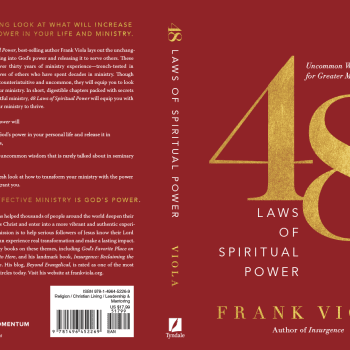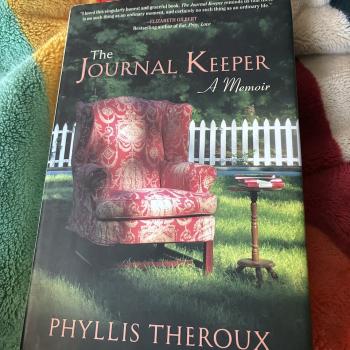In 1833 Joseph Smith received a revelation (Doctrine and Covenants 89) that Mormons refer to as the Word of Wisdom. Since it tells us that we should abstain from tobacco, alcohol, and hot drinks, that we ought to eat meat sparingly, and to center our diets on grains, fruits, and vegetables, we think of it as a health law.
The revelation itself reinforces that interpretation, for it promises those who follow it "health in their navel and marrow to their bones" (D&C 89:18) as well as wisdom and the ability to "run and not be weary, and . . . walk and not faint" (D&C 89:20).
The revelation leaves a lot of room for interpretation, interpretation that began with Hyrum Smith (Joseph Smith's brother and the Second President of the Church at the time), who explained that the term "hot drinks" means coffee and tea.
What kind of tea? Most Mormons find herbal teas acceptable, the kind of things that the French call tisane. But are all of the variations of tea made from Camellia sinensis forbidden, or only some?
As in other things, the LDS Church has refrained from going beyond the initial revelation and clarification. Members of the Church are left to decide for themselves how to interpret the revelation in good conscience.
When Latter-day Saints apply this revelation to ourselves, we get a variety of interpretations. Some of us tend toward or are vegetarians, though most in the Western U.S. eat meat with gusto. Local farming and ranching culture has trumped close attention to that part of the Word of Wisdom.
Some get excited about making wheat central to their diets, and thus avoiding white flour products is important to their practice of the Word of Wisdom. Others think that the revelation's recommendation of herbs for healing suggests that they adopt holistic medicine.
Perhaps the most common difference in interpretation is over caffeine. A recent kerfuffle at the LDS Church-sponsored Brigham Young University demonstrated the two major Word of Wisdom camps within Mormonism, that of caffeinated cola drinkers and that of caffeinated cola abstainers.
The theory behind abstention from caffeinated drinks is that if coffee is forbidden, then it is forbidden because of its caffeine (though that isn't an official explanation), so we ought also to abstain from other caffeinated drinks, such as colas. Those for whom caffeinated drinks are allowed simply take the revelation at its word: the official interpretation is that it forbids coffee and tea, but it doesn't mention caffeinated drinks.
The LDS Church has never said that caffeine is forbidden by the Word of Wisdom and recently reiterated that stand. But that ought not to have been news to anyone paying attention. In 1958 Bruce R. McConkie, an influential and conservative Mormon leader, said: "There is no prohibition in Section 89, for instance, as to the eating of white bread, using white flour, white sugar, cocoa, chocolate, eggs, milk, meat, or anything else, except items classified under the headings, tea, coffee, tobacco, and liquor" (Mormon Doctrine, page 846).
In spite of that, feelings can sometimes run high over the question of caffeinated drinks, though they don't usually. Perhaps that is because the differences in practice are mostly regional. There are parts of the world in which most Mormons believe that they ought not to drink any caffeinated drinks.
But in other parts of the world, members of the LDS Church drink caffeinated drinks without a thought. In places like that a running joke is that the difference between Mormons and others is the temperature of their caffeine.
However, when Mormons from different subcultures get together, as they do at BYU, the differences become obvious and can sometimes result in irritated disagreement. Because avoidance of alcohol, tobacco, coffee, and tea have been obligatory for Mormons since the early 20th century, for many the question of whether to drink caffeinated drinks is really a question about one's relationship to the Church.
Those who don't drink them may sometimes see those who do as less faithful; those who do drink them may see those who don't as self-righteous. When the otherwise trivial question of caffeine becomes a question about faithfulness or self-righteousness, feelings can get irritable.
But the Word of Wisdom is about much more than whether I can or should drink a Diet Dr. Pepper with my lunch. As I see it, it is even about more than having a unique health code, though the health benefits of following the advice of the revelation are borne out by the average lower cancer rates, longer longevity, and generally better health of Mormons.





